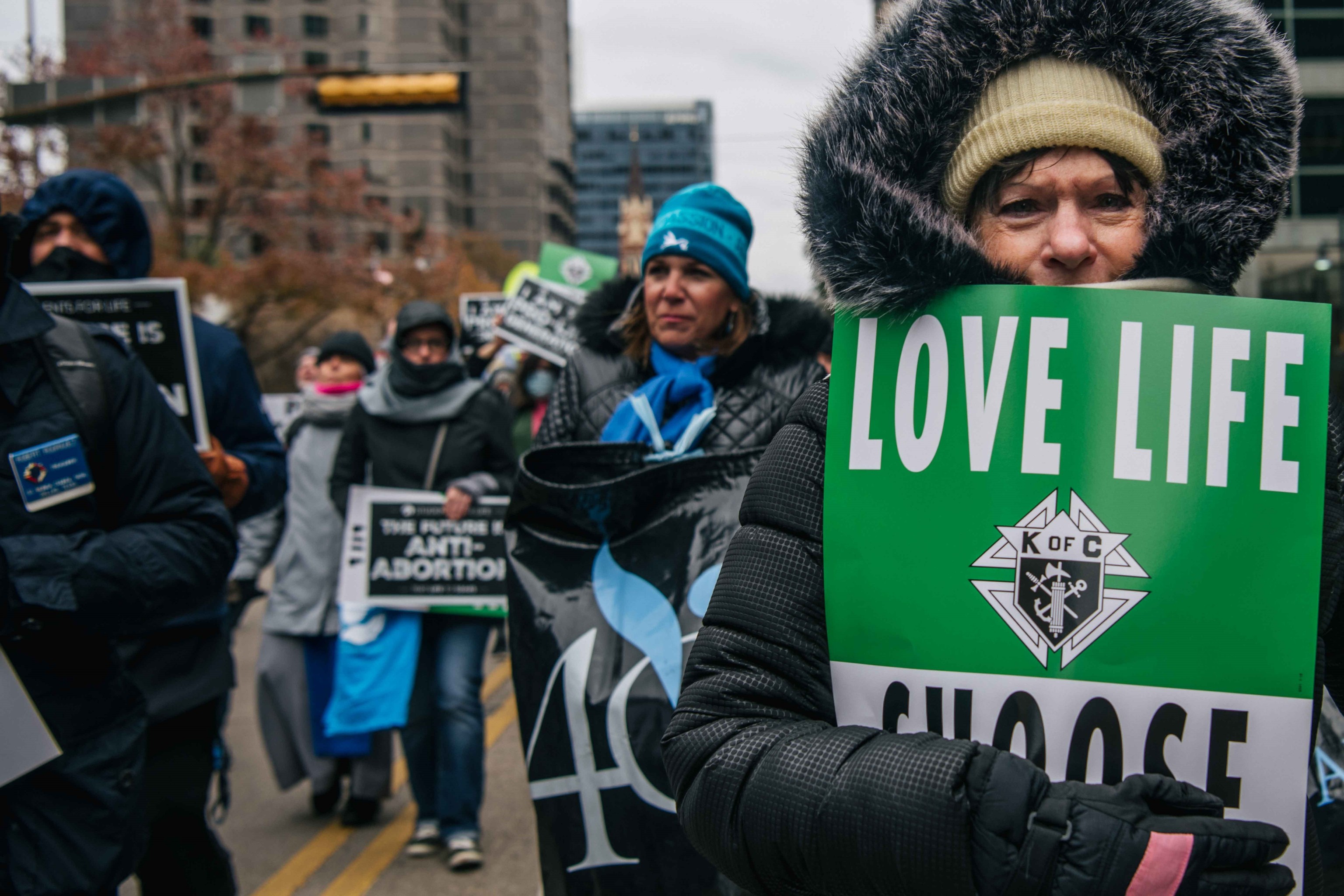The law prohibits the termination of pregnancy after six weeks and contradicts the precedent set by the highest court in 1973
The Supreme Court of the United States returned to leave in force the almost total veto to abortion in Texas, which does not contain exceptions for cases of incest or rape and promises to continue in force for months in the face of the refusal of the courts to stop it.
For the third time in the last six months, the Supreme Court refused to stop the implementation of the controversial Texas law, which prohibits abortion from six weeks of gestation, when many women do not know they are pregnant, and that contradicts the precedent set by the highest court in 1973.
The six conservative justices on the court were united in their decision not to act in the case, while the three progressive justices expressed their disagreement.
“This case is a disaster for the rule of law and is a serious disservice to women in Texas,” wrote the progressive judge Sonia Sotomayor, who promised that she will not remain “silent while a state continues to annul the constitutional guarantee” that is the right to have an abortion.
The Supreme Court already allowed the Texas veto to continue just after it took effect in September and did so again in December, when it returned the case to the Fifth Circuit Court of Appeals, one of the most conservative in the country.
this past monday, a panel of that court decided to ask the Texas Supreme Court to interpret the constitutionality of the veto, a process that promises to take months.
To prevent the controversial law from remaining in force in Texas during that period, groups that defend the right to abortion sent an urgent petition to the US Supreme Court, hoping that this court would annul the decision of the court of appeals.
The objective of these groups was for the Supreme Court to return the case to a lower federal court that already temporarily blocked the veto in October.
“People in Texas continue to be forced to leave the state to get essential health care, if they can, or remain pregnant against their will. This is inhumane,” Alexis McGill Johnson, president of Planned Parenthood, the largest network of reproductive health clinics in the US, said in a statement.
Texas law allows individuals to file civil lawsuits against anyone who helps a pregnant woman have an abortion in case they believe they are violating the ban, and offers damages of up to $10,000 to each plaintiff per lawsuit won.
The US Supreme Court plans to decide in the middle of this year whether to maintain the legal precedent set by that same court in 1973, known as “Roe versus Wade”, which guaranteed legal abortion in the US up to around 24 weeks.
If the Supreme Court repeals “Roe versus Wade”, each US territory would be free to prohibit or allow abortion at will, and it is expected that, in that case, more than half of the states in the country will take measures to veto it.
According to the criteria of
Know more
www.elmundo.es
George is Digismak’s reported cum editor with 13 years of experience in Journalism
